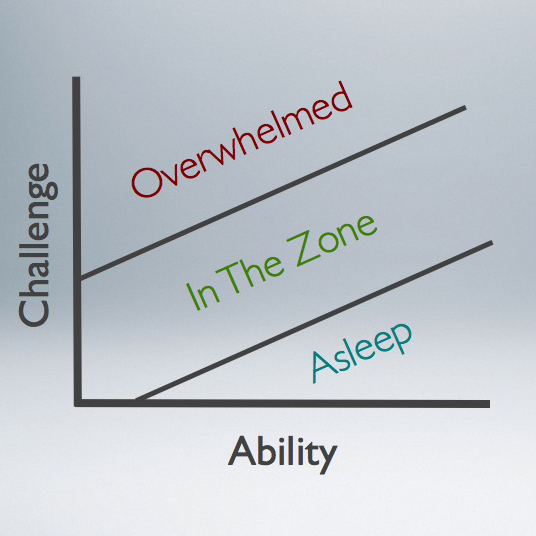Sometimes plans change. Saturday morning shifted from chores around the house to listening to clinical psychologist, Dr. Henry Cloud, speak at Community Bible Church. Cloud wrote The Law of Happiness (Amazon affiliate link) based on clinical research which also matched up Biblically. Happiness is described as the sense of well being even when bad things happen. The research found that happy people have similar characteristics and that only about 10% of happiness is circumstantial. So whether or not you get to live in the neighborhood you want, get the new car, or the new toy, you get a boost in happiness that goes back to your basic set point of happiness. Some happiness is constitutional – you were just born that way, the rest is how you choose to live.
In the book he covers the following 13 truths about happy people, 6 of which he discussed:
– Happy people are not lazy about happiness
– Happy people don’t wait for “someday”
– Happy people fully engage
– Happy people don’t compare themselves
– Happy people are grateful
– Happy people forgive
– Happy people have a calling
– Happy people connect
Look down. You have a belly button and you were connected from the beginning. Even after birth, babies must connect. Beyond shelter and food, studies show that love and relationship shapes the child. Connection happens when your needs are revealed. Cloud shared a story where a monkey was placed in a cage during a study. His cortisol levels were measured for a baseline. The monkey was then terrorized with loud noises and flashing lights. His cortisol levels were measured after being terrorized. The monkey then had his monkey friend added to the cage and they were both terrorized together, with a cortisol measurement taken again. When the two monkeys were terrorized together, the cortisol levels were split in half.
– Happy people are givers
People who give have positive physiological changes. Cloud warns that if you are miserable in giving, you might be co-dependent. Cloud points to Luke 3:11 where John the Baptist shares …”Whoever has two tunics is to share with him who has none, and whoever has food is to do likewise.” When you give, the same pleasure centers light up in your brains as when you have great food or have sex.
– Happy people think well
It matters how you think about what you think about. Optimists say “there is a way towards good.” Pessimists will:
Personalize the situation – “it was bad me’s fault”
Pervasive – “it’s all bad, my life is just bad”
Permanent – “it will always be like this”
This thought process affords less happiness but it can be fixed. When we observe our thoughts, we grow new brain hardwiring to learn new ways of thinking.
– Happy people pursue goals
Your mind already has a vision and goals, it helps you move forward when you connect with it. Maybe one goal can be found by asking “How can we get closer to God and people?” Goals with milestones start a sequencing pattern in your brain. Entertain the concept of a life mission. Cloud’s life mission is to show how The Bible can bring health instead of showcasing crazy. You can try starting with a daily goal, this could be as simple as encouraging just one person. Then work on stretch goals. Do enough of a stretch goal to freak you out, but not overwhelm you. Check out the graphic. You don’t know what’s in your heart until you start digging.
– Happy people have boundaries
We often lose boundaries with the needy and defer to rageaholics to prevent an eruption. Happy people will instead let go of what hurts them and have a necessary ending.
– Happy people have faith
These people trust transcendance, they understand they aren’t the center of the universe. These are people who look for the light and are oriented in seeking it. Those people recognize that they are not the light, they are only responsible for the light that is given to them. It’s a spiritual movement towards God.
If you want to read this in more detail, check out Dr. Cloud’s book. It’s on my list of books to read!


Great post! Concise info and no rambling. You’re an excellent writer, Nan.
Thank you so much!